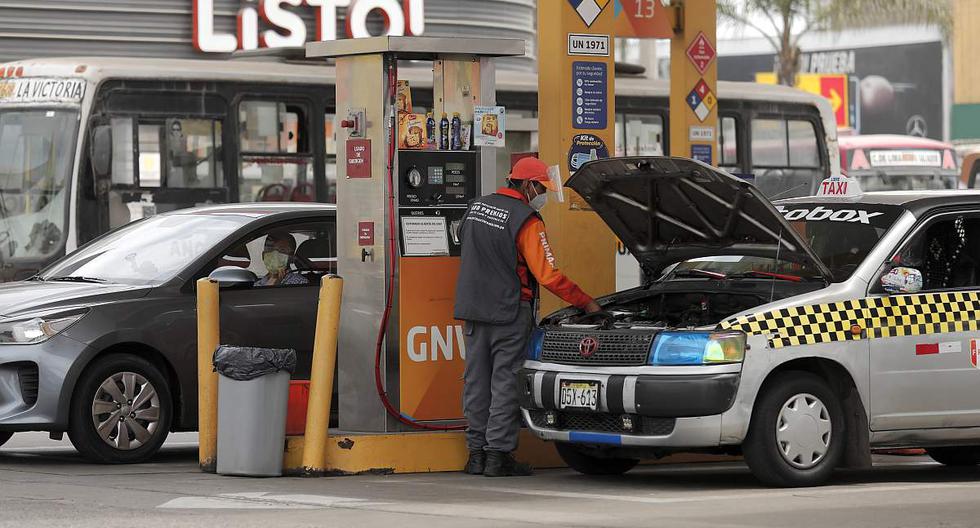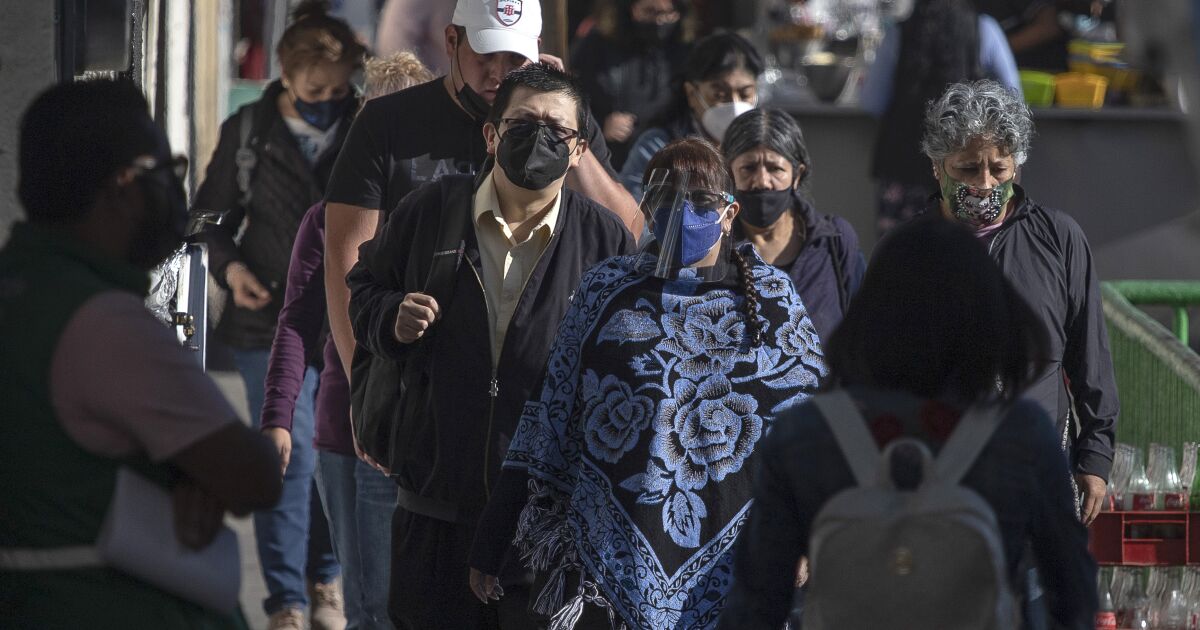On April 23, International Book Day is celebrated, UNESCO and several renowned literary organizations choose a book capital each year, whose mandate begins every April 23. The first city selected was Athens, the capital of Greece, for its high level of support for literature and promotion of reading, with the main objective of making books accessible to the entire population during its term of office, including migrants and refugees.
At the country level, Paraguayan literature is represented by two aspects: that produced over the years in Spanish and that originated in Guarani; without detracting, of course, from the writings found in dozens of other native languages in our land. Intellectual activity already began to have its first signs in the colonial era with the arrival of independence in 1811.
Books are without a doubt one of the most relevant creations of the human being, reading is daring to feel things that go beyond the margins of our own environment and this has been perfectly understood by Alcibiades González Delvalle and Bernardo Neri Farina, symbols of culture and literary wisdom , who share their years, vision and current perspective with us.
NERI FARINA
Member of the Paraguayan Academy of the Spanish Language. Bernardo Neri Farina is a journalist, writer, short story writer and novelist; He studied at the Colegio Monseñor Lasagna and pursued a degree in Journalism at the Faculty of Philosophy of the National University of Asunción (UNA).
Asked about his perception of the current level of acculturation in the country, he explained that he observes two levels: on the one hand, the particular interest of many people and cultural organizations, and on the other, the governmental or state interest. «We can also call the foreground private, there is a lot of interest in growing and developing humanly, and knowing that the book is the fundamental tool of development, not only cognitive or intellectual, but integral to the human being itself, in the pandemic it has been sown a very important cultural seed; the confinement has allowed many people to come across this almost miraculous discovery as the book is », he affirmed.
According to the professional, today there is an interesting dynamic that was created culturally and that has the book as its center, but… What does the State do about it? “I would say practically nothing. Because today we talk about cultural transformation, but it does not have the foundations that it really should have, with reading and books as main allies. No cultural entity in the country is invited today to be part of the transformation groups, nor the Paraguayan Academy of the Spanish Language, nor the Society of Writers of Paraguay, nor the PEN (poets, essayists and narrators) Club of Paraguay, not much EPA, which are the Associated Paraguayan Writers. So, who are the ones who are really in charge of that change?
Finally, he expressed his concern regarding the training of young people and the little or no involvement of societies and organizations directly linked to the development and encouragement of literature and culture in future programs, plans or guidelines as part of the state agenda. .
It should be noted that as a writer Neri Farina has cultivated various genres: historical essay, novel, short story, biography and chronicle, among others. He has published 25 books and has been the director of several collections on universal literature, Paraguayan literature, history of Paraguay and biography of universal personalities.
GONZALEZ DELVALLE
Our other protagonist is Alcibiades González Delvalle (Ñemby, July 20, 1936), a Paraguayan journalist, playwright, essayist and narrator. With his work “A Black Wind” he won the National Prize for Literature in 2013. In 2016 he became a member of the Paraguayan Academy of the Spanish Language.
In a recent interview with our media, González Delvalle stated that “the great pending issue, both with our young people and with children, is to instill reading in them and initiate the great process of transforming society through reading.”
The writer explained that currently the best-selling books in the country deal with Paraguayan history and this, in his opinion, is a great incentive for future generations.
«This is because we have very good young and well-trained historians; I think that this is the reason for the impulse of historical literature, which is very important. But, along with this science, narrative is also needed. People need to enrich their imagination, unfold it, and be free about it,” he declared.
XVI TO XX CENTURY
Going back in time, among some great faces of literature, at that time Paraguayan-Rioplatense, around the 1500s, we have Luis Miranda de Villafañe who wrote his famous couplets and gave the initial emphasis to literary fire. Another writer who also left a literary mark is the clergyman Martín del Barco Centenera, who arrived at the Río de la Plata in 1573 with the army of Adelantado Ortiz de Zárate. This archdeacon of the Cathedral of Asunción composed a long poem of twenty-eight songs in royal octaves entitled “La Argentina” (Lisbon, 1602), and was the first singer of the city of his archdeaconship.
From 1900 to the beginning of 2000, that is, throughout the 20th century, the great literary contribution of the entire first generation of Paraguayan writers laid the foundations of modern culture still in force in Paraguay. Despite the outbreak of the Chaco War in 1932, both in the trenches and in the rear, a profound revision of the dominant values was made; The result of this exploration materializes in the art known today as: theater, poetry and, later, narrative.
CONTEMPORARY
José Rodríguez Alcalá, Martín Goycoechea Menéndez and Rafael Barrett, according to various current references, were the fathers of a narrative that sought a way to capture its defining corpus. Later, the Spanish polygrapher Viriato Díaz Pérez was included, completing a Maya where the majority were foreigners who resided in Paraguay.
Already with the “Generation of 40” many other names began to resonate that until today are heard quite strongly, such as Josefina Pla, Augusto Roa Bastos, Oscar Ferreiro, Elvio Romero, José Antonio Bilbao, Ezequiel González Alsina, Hugo Rodríguez Alcalá, José María Rivarola Matto, Gabriel Casaccia and Dora Gómez Bueno de Acuña. All of them accompanied by a dozen social poets who marked a before and after in national literature.
After the revolution of 1947 and up to the present, hundreds of names have extolled the intelligentsia and fertilized the seals of a national history as rich in prose as in verse and lyrics. After the Stroessner dictatorship, various groups and authors emerged in Paraguay throughout the country that produced a transformation in contemporary literature in Paraguay.
It is worth highlighting experiences such as the P3F collective (Poets of the Three Borders), which brings together Douglas Diegues, Cristino Bogado, Edgar Pou and Jorge Canese. For its part, the Ediciones de la Ura collective brings together visual artists, musicians and writers such as Lia Colombino, Fredi Casco, Ana Ayala, Javier Palma and Marcos Benítez.






